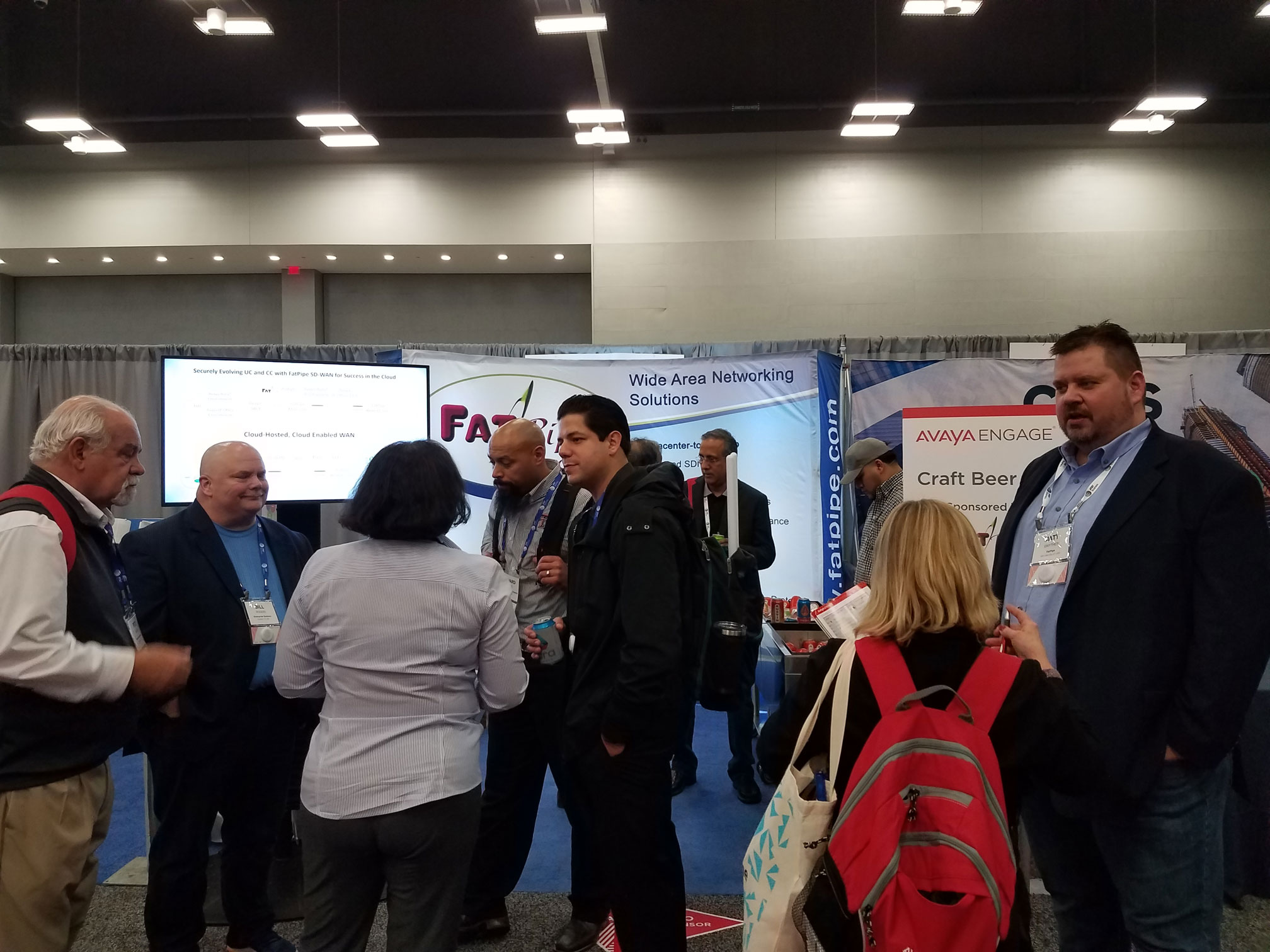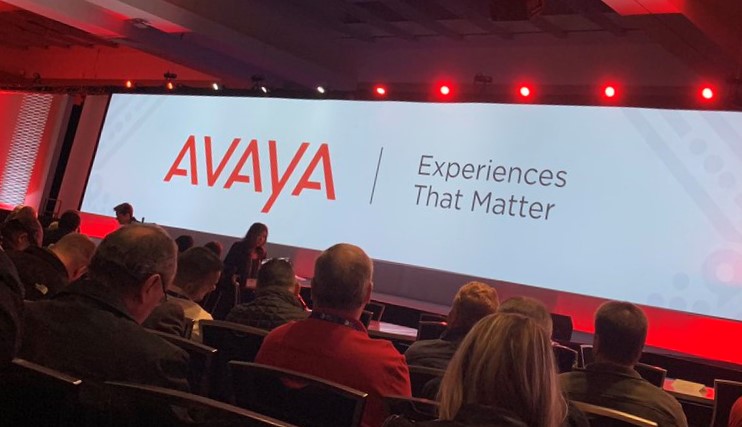Thoughts after Avaya Engage 2019

FatPipe Networks Avaya Engage 2019
I just returned from Avaya Engage 2019 in Austin where FatPipe sponsored a booth in the solutions expo. It is always a pleasure to attend these events and hear first-hand what customers are looking for in the solutions expo. One theme we kept hearing was regarding cloud-hosted or cloud-ready UC and CC, and specifically, how do you ensure network performance when you move to the cloud.
Ensuring WAN performance for UC/CC is something FatPipe does well. During the conference Avaya discussed their AIX-Mobility solution, (Avaya Mobile Experience) FatPipe is providing one of the foundational technologies for this product. Customers of AIX-Mobility connect to the Avaya Cloud via FatPipe’s SD-WAN technology. This allows for rapid and cost-effective deployment of the service because there is no one to provision dedicated MPLS circuit to call center locations, the connection to the Avaya cloud can be made over an internet connection, dedicated MPLS circuits, or a hybrid combination of connections. FatPipe’s SD-WAN monitors the quality of the paths and intelligently directs the calls to the most appropriate path.
One of the reasons why Avaya chose FatPipe over other SD-WAN providers is FatPipe’s unique ability to do stateful, sub-second call failover without having to duplicate packets. There are also several other techniques that FatPipe uses to ensure the highest call quality and low bandwidth use. For example, the packet duplication requirement that other SD-WAN providers put on stateful failover was seen as a large burden on Avaya’s network plans. Having to double-provision bandwidth does not work on the scale AIX-Mobility is designed for.
FatPipe’s efficient means of VoIP management works both at the carrier level, like Avaya, and for enterprises. To learn more about FatPipe’s SD-WAN for VoIP click here



